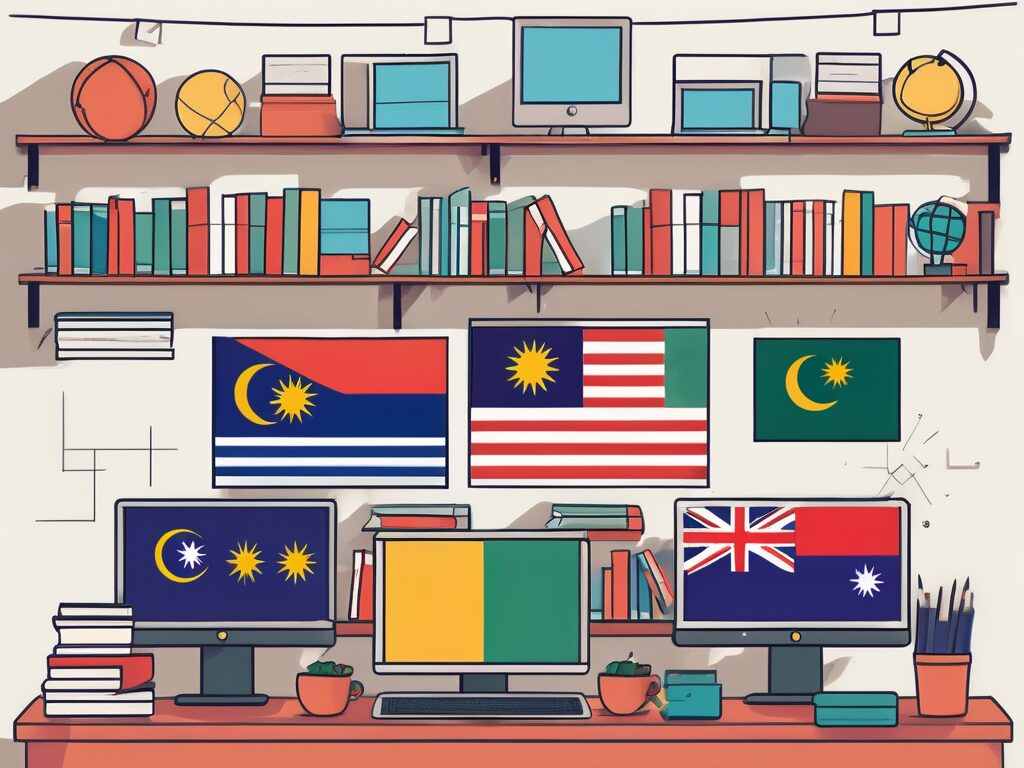Is it Good to Be a Teacher in Saudi Arabia?
Teaching in Saudi Arabia offers a unique opportunity for educators seeking international experience. With a growing demand for qualified teachers, competitive salaries, and a rich cultural experience, Saudi Arabia is becoming an attractive destination for educators worldwide. In this article, we will explore the benefits and challenges of teaching in Saudi Arabia, the qualifications required, and how you can embark on this rewarding career path.
Why is it Important for Aspiring International Teachers?
Saudi Arabia’s education sector is rapidly expanding, driven by the government’s Vision 2030 initiative, which aims to diversify the economy and improve education standards. This growth has led to an increased demand for qualified teachers, particularly in subjects like English, science, and mathematics. For aspiring international teachers, this presents a wealth of opportunities to gain valuable experience, enhance their teaching skills, and enjoy a tax-free salary.
Key Skills or Qualifications Required
To teach in Saudi Arabia, educators typically need a bachelor’s degree in education or a related field, along with a teaching certification such as TEFL, TESOL, or a state teaching license. Experience in teaching is highly valued, and proficiency in English is essential, as many schools use English as the medium of instruction.
Steps to Get Started
- Obtain the necessary teaching qualifications and certifications.
- Gain relevant teaching experience, preferably in an international setting.
- Research and apply to schools in Saudi Arabia that match your expertise and interests.
- Prepare for cultural adaptation by learning about Saudi customs and traditions.
Challenges and How to Overcome Them
Teaching in Saudi Arabia comes with its set of challenges, including cultural differences, language barriers, and adapting to a new educational system. To overcome these, educators should engage in cultural sensitivity training, learn basic Arabic phrases, and connect with fellow expatriates for support and guidance.
Best Practices and Tips for Success
- Embrace cultural differences and show respect for local customs.
- Build strong relationships with students and colleagues to foster a positive learning environment.
- Stay updated with the latest teaching methodologies and integrate them into your lessons.
- Participate in professional development opportunities to enhance your skills.
Success Stories or Case Studies
Many educators have found success and fulfillment teaching in Saudi Arabia. For instance, Jane Doe, an English teacher from the UK, shares how her experience in Saudi Arabia not only enriched her teaching career but also provided her with a deeper understanding of Middle Eastern culture. Her story is a testament to the personal and professional growth opportunities available in this region.
Conclusion
Teaching in Saudi Arabia offers a unique blend of professional growth, cultural immersion, and financial benefits. By understanding the qualifications required, preparing for cultural differences, and embracing the opportunities available, educators can thrive in this dynamic environment. If you’re ready to take the next step in your teaching career, Saudi Arabia might just be the perfect destination for you.
Want to become a teacher in a Tier 1 international school? Join the course here.

